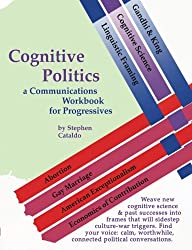Political conversations tend to be about conclusions. Science, logic or just plain thinking is a mix of evidence plus a logic chain, which together lead to a conclusion.
To put this in something of a highschool frame: "If A then B" is logic. A is evidence you might research. B is the conclusion. So for the gun control debates, "We need gun control" or "No gun control" are the conclusions. Politics rarely discusses the logic that got us to our conclusions, we just shout "B! B! B!"
The double crux is a great way to make conversations saner, if you have an intelligent and respectful partner. Do a very-active listening exercise to understand what they consider the underlying logic: for many conversations we agree on the logic, for example many of would agree that "If Trump is Putin's puppet or colluded with him, that would be terrible," while disagreeing about whether this happened. Shake hands. Then figure out how you each collect evidence, come up with an approach you both find fair, and seek the evidence to prove or disprove your assertion. It's usually not quite that simple, but sometimes a powerful framework for improving conversations. This article has lots of tips on improving real-world conversations. Trying to find logic you agree on, to see what evidence would prove or disprove the logic, can also help you find if you have different thoughts about the logic of a situation — turning a political shouting match into a conversation worth your curiosity.
This idea is related to inoculation, which is useful when you think the evidence will present itself and expect the person will aim to forget that they held this view or otherwise twist and shift once the evidence comes out— inoculation would be reinforcing "we both agree it would be treasonous if Trump did turn out to have colluded with Putin, just for the moment we have different expectations of what the investigations will find." Or, if A led to B, I would be stunned and it would cause me to change my views.
And also related to discussing why you believe what you believe until the conclusion is obvious, rather than sharing the conclusion at all — this creates less tribal markers, and helps get people's minds going. Or, "if A then B" and here's my observation of A.
